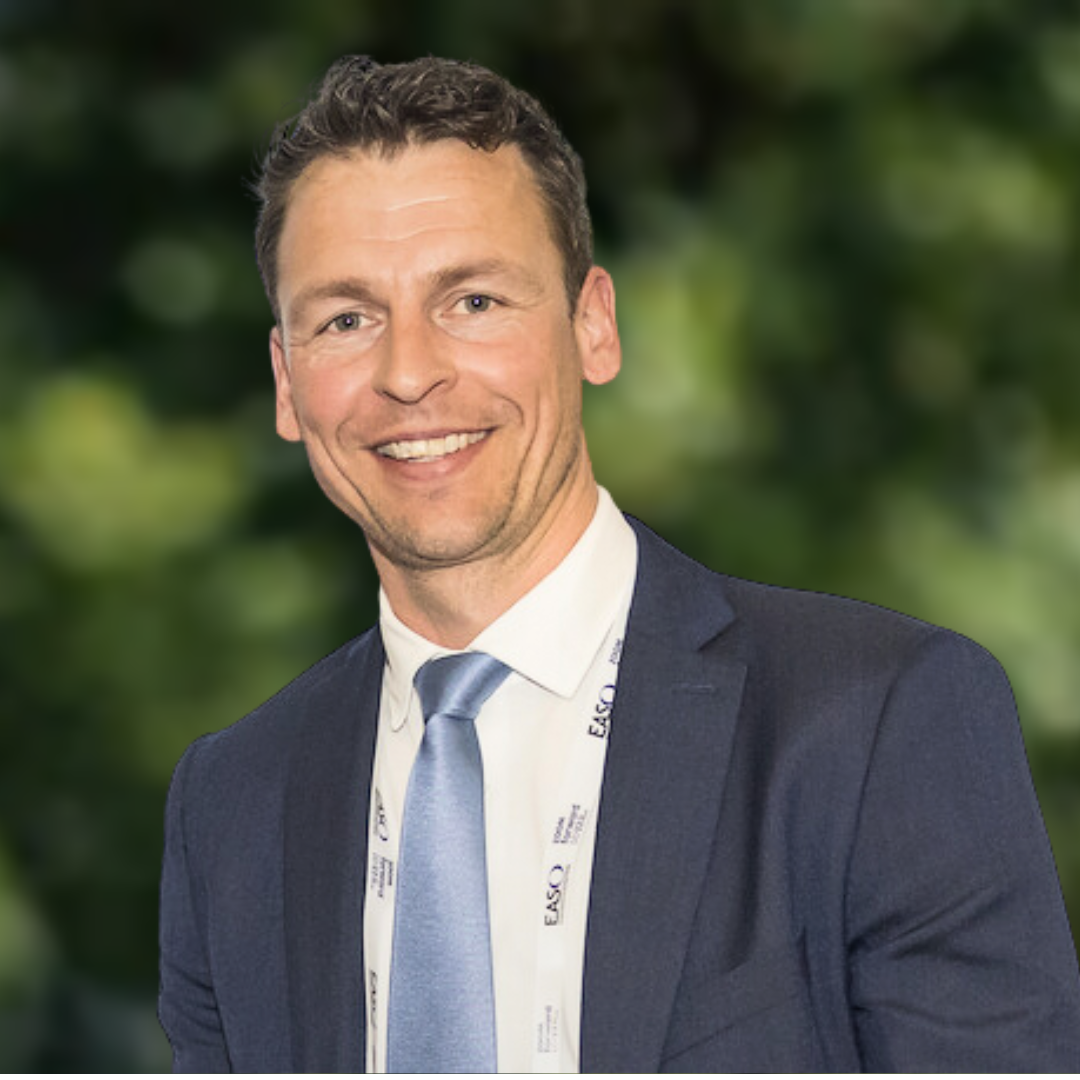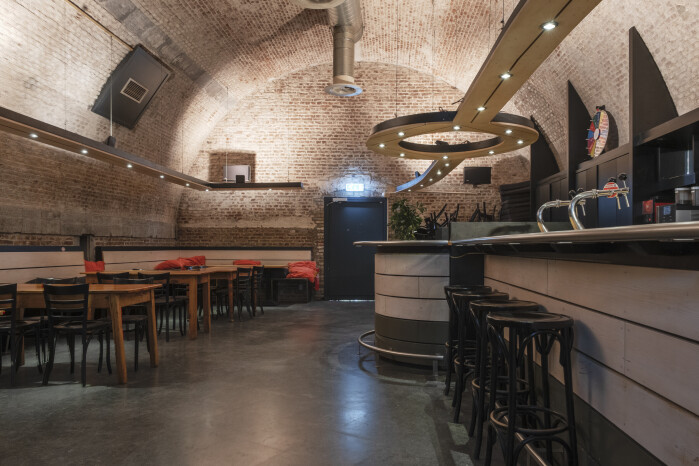LIMES: cross-border research
Maastricht University, with three faculties and 13 PhD candidates, is literally and figuratively exploring and crossing borders. In a project led by the Faculty of Arts and Social Sciences (FASoS), PhD candidates will conduct research into the hardening and softening of borders in Europe. The faculty is working closely with University College Maastricht (UCM), the School of Business and Economics (SBE), and the Faculty of Law (FL). There is an exceptionally comprehensive PhD programme, and the PhD candidates are crossing international borders. The project LIMES, the Latin word for border, is funded by the European Commission’s Marie-Curie COFUND programme.
What are those—soft and hard borders?
“We live in a paradoxical time”, says Prof. Thomas Conzelmann. “We’re more connected across borders than ever. This is due to digitisation, trade and cooperation in various areas in the European context, and cross-border exchanges in the various Euroregions. People can experience that as threatening. They want to close up and shield their own nation states—back to hard borders—in response to globalisation. Brexit is a good example of this. At the same time, major problems like climate change can only be addressed by reaching out across borders. These challenges require a softening of borders, but this is often denied. We cannot go back to the previous situation; that time will never come back.”
Special PhD programme
LIMES is a special PhD programme because specific requirements are established and the programme is much more comprehensive than a normal programme. For example, the PhD candidates must always come from another country. International recruitment and close cooperation with partner universities—University of Groningen, Roskilde University, University of Duisburg-Essen, University of Konstanz, Westphalian Wilhelm University of Münster—will facilitate this. Another specific requirement of the EU is that an extensive selection and training programme must precede the research phase. In the training programme, candidates will learn the interdisciplinary and communication skills they need for the labour market. The selection will start in August 2019, after which the PhD candidates can begin working from December 2019.
Social internship for a wide range of skills
The primary theme of LIMES is mobility and this research theme has been split into two clusters. The first one focuses on the mobility of people, the second on the mobility of information and commodities. Within these clusters, PhD candidates can choose from a number of innovative projects that offer room for both personal interests and specialisations. Prof. Sophie Vanhoonacker, dean of FASoS: “In this programme, we’re not only working with other universities in Europe, but also with civil society organisations. Through this, the PhD candidates will later gain six months of experience, for example at the Dutch Council for the Protection of the Child (RvdK), the Scientific Council for Government Policy (WRR), or the Federal Institute for Vocational Education and Training (BIBB) in Germany. This way, they get the chance to develop a wider range of skills, so that after they get their PhD they can also work outside the academic world.”
Also read
-
Nick Bos describes himself as “a fairly rational person.” When he so much as mentions words like pleasure, love or lonely, he immediately corrects himself: “Well, love is a big word. Let’s just say my affinity with the university blossomed at UM.” In Maastricht, the man who initially aspired to an...
-
A study conducted by the European Association for the Study of Obesity led by Prof. Gijs Goossens of Maastricht UMC+ published today in Nature Medicine.
-
Maastricht University takes care of many distinctive buildings and art works that we all know. By giving them a new purpose, we preserve these icons and give them a new meaning, making them the vibrant heart of a bustling city.
Did you know that these buildings and art works also provide access to...


